Jewish candlestick: description, history and meaning
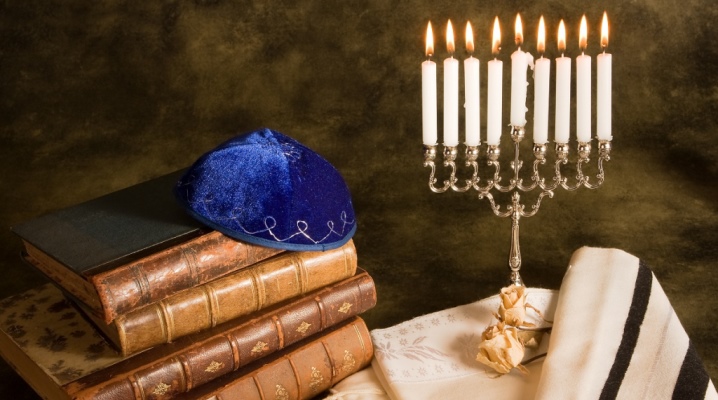
In any religion, fire occupies a special place - it is an indispensable component in almost all rituals. In this article, we will look at such a ritual Jewish attribute as a 7-candle Jewish candlestick. Read about its types, origin, location and importance in modern theology, as well as many other things, in this article.
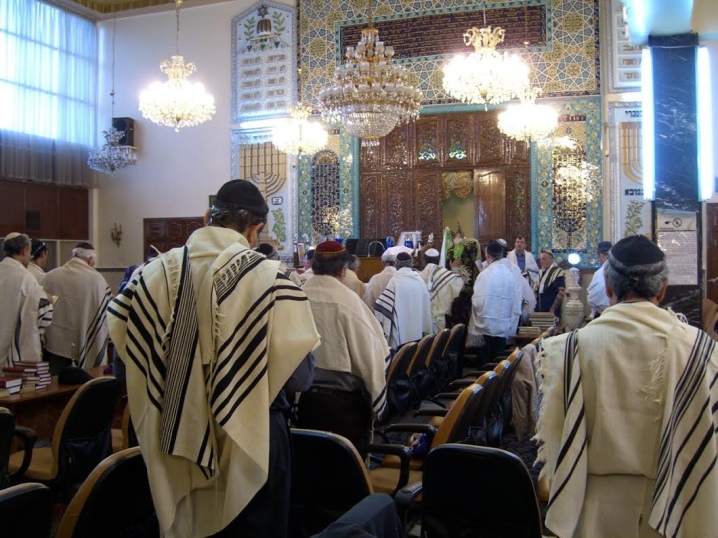
What is it?
This candlestick is called a menorah or a minor. According to Moses, the seven-branched candelabra should resemble the stems of a branchy tree, its tops symbolize cups, ornaments are symbols of apples and flowers. The number of candles - 7 pieces - also has its own explanation.
Six candles on the sides are the branches of the tree, and the seventh in the middle symbolizes the trunk.
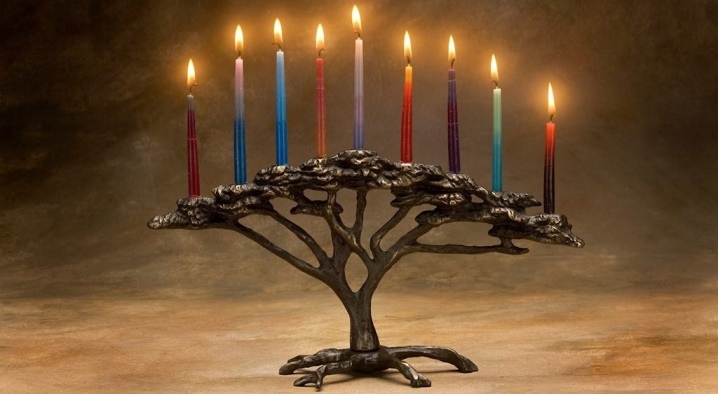
Real menorahs must be made from solid pieces of gold. From the latter, the branches of a seven-branched candlestick are formed by chasing with a hammer and cutting with the help of other tools. In general, such a candlestick symbolized the Light that emanated from the Temple and illuminated the earth. Nowadays, such seven-branched candelabra can have many varieties, and the Jews are only welcomed various decorations on them.
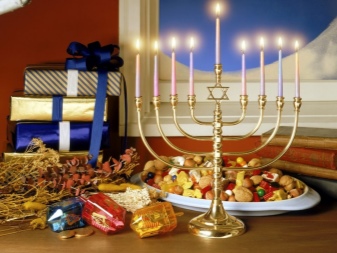
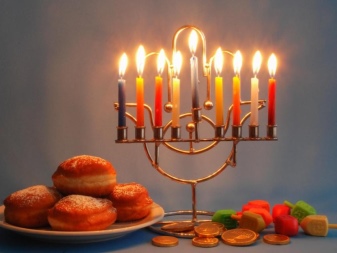
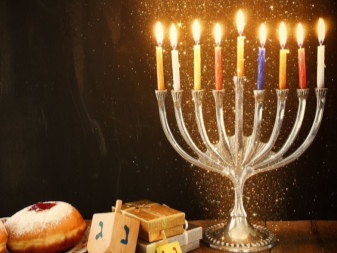
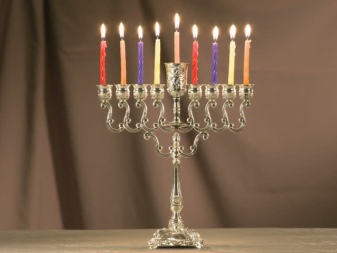
How did it appear?
Candles have always been used in worship almost since the very beginnings of any religion. However, later they were replaced by candlesticks everywhere. But, despite this, in Judaism, candles in the menorah began to be used much later than other beliefs. Initially, only lamps were placed on the seven-branched candelabra. There is a theory according to which 7 candles symbolized 7 planets.
According to another theory, seven candles are 7 days during which God created our world.
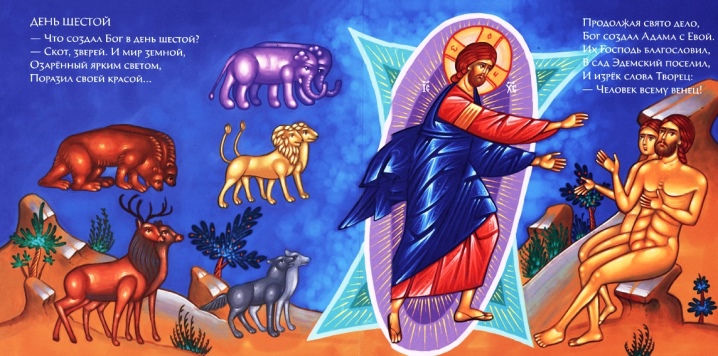
It is believed that the very first Israeli seven-branched candlestick was created by the Jews during their wandering in the wilderness, and was later installed in the Jerusalem temple. While wandering in the desert, this lamp was lit before each sunset, and in the morning it was cleaned and prepared for the next ignition. The first menorah was in the Jerusalem Temple for a long period, until it was kidnapped during the predatory campaign of the Ancient Roman Empire.


According to some reports, along with the main seven-branched candlestick, there were 9 more of the same gold specimens in the Temple. Later, in the Middle Ages, the seven-branched candlestick became one of the main symbols of Judaism. Some time later, it became a full-fledged and important sign and emblem for those who accepted the Jewish faith. This happened after, according to legend, the martyrs of the Maccabees, during their struggle for freedom, lit the seven-branched candlesticks, which burned for 8 days in a row.

This event took place in 164 BC. NS. It was this candlestick that later turned into an eight-candlestick, which is also called a Hanukkah candlestick. Few people paid attention to this, but the seven-branched candlestick is depicted on the coat of arms of the modern state of Israel.
Today, this golden attribute is used in every worship of the Jewish Temple.



Interesting Facts
- Candles had never been lit in Jewish lamps before; they burned oil.
- Only virgin oil could be used to burn the menorah. It was the cleanest and did not require filtration. Oil of a different quality had to be refined, so it was not allowed to use it.
- The very word "menorah" is translated from Hebrew as "lamp".
- It is strictly forbidden to manufacture lamps that copy the menorah in their design. They cannot be made not only from gold, but also from other metals.Even in Temples, candlesticks with more or less branches are used as lamps.

For how a Jewish candlestick looks like, its history and meaning, see the next video.













Thanks for the interesting story. Emotional and convincing.
The comment was sent successfully.